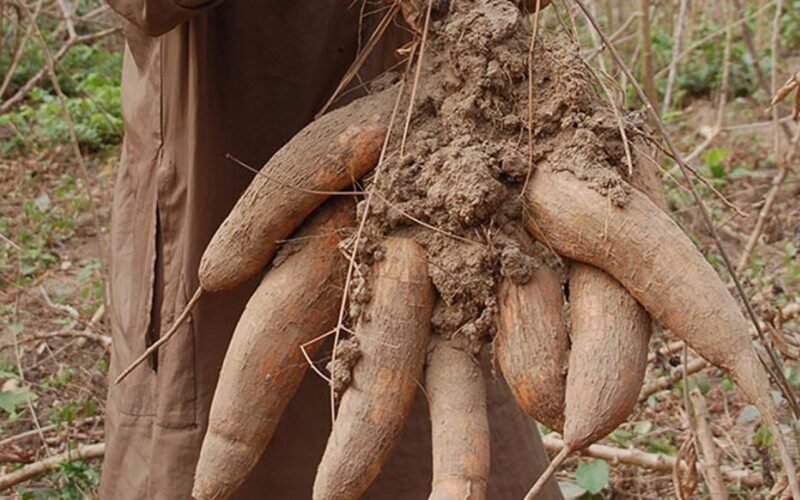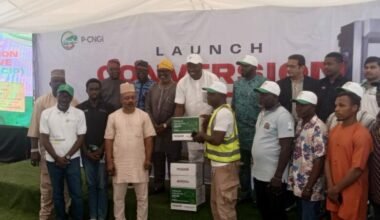Plant breeders, biostatisticians, and breeding data managers from across Africa, including DR Congo, Kenya, Niger, and Nigeria, have underscored the importance of effective cost management in breeding programs as a crucial strategy to achieve targeted genetic gains in Root and Tuber Crops (RTCs). This consensus emerged during a recent workshop at the National Root Crops Research Institute (NRCRI) in Umudike, Abia State, where experts gathered to discuss strategies for improving the efficiency of RTC breeding operations.
The workshop, which focused on RTCs Breeding Operations Costing, was centered around the Queensland University Breeding Costing Tool—a tool designed to enhance cost management in breeding programs. Participants highlighted that a lack of awareness about proper costing methods can impede accurate resource allocation and tracking, which can ultimately slow down genetic progress in breeding programs.
Organized in collaboration with the Accelerated Breeding Initiative (ABI) of the Consultative Group for International Agricultural Research (CGIAR) and the NRCRI, the workshop attracted participants from leading agricultural research institutions, including the International Institute of Tropical Agriculture (IITA) in Ibadan, Ahmadu Bello University in Zaria, the National Cereals Research Institute in Badeggi, and the International Maize and Wheat Improvement Centre (CIMMYT) in Nairobi, Kenya. The event also drew representation from Niger and DR Congo, with sponsorship from CGIAR’s ABI.
ABI-Transform Lead, Dr. Vishnuvardhan Reddy Banda, emphasized the link between effective cost management and achieving genetic gains in breeding programs. He explained that the collaboration with NRCRI to host the workshop aimed to address the challenges of cost management for root, tuber, and banana breeding programs, ensuring that resources are efficiently allocated to maximize genetic improvement.
The workshop featured comprehensive presentations on various crops, including Cassava, Yam, Sweet Potato, Taro, Irish Potato, Maize, Soybean, and Cowpea. Notable contributors included Olivia Odiyo and Samuel Mutiga from CIMMYT, Nairobi, Kenya, and Dr. Joseph Onyeka from NRCRI, who shared insights into innovative breeding strategies and cost management practices.
In his opening remarks, Prof. Chiedozie Egesi, the Executive Director and Chief Executive Officer of NRCRI, welcomed the plant breeders from across Africa and emphasized the need for developing robust breeding metrics and financial models to support effective breeding programs. He highlighted NRCRI’s commitment to leveraging cutting-edge technologies to boost agricultural productivity, aligning with Nigeria’s Renewed Hope Agenda for Food Security and transitioning to an agriculture-driven economy. Prof. Egesi further emphasized the importance of the CGIAR-NARS partnership in fostering sustainable agricultural development across Africa.
Concluding the workshop, Prof. Egesi encouraged participants to implement the knowledge and skills acquired in their respective institutions, emphasizing the need to close gaps and strive for excellence. “By making excellence a culture, we can project our institutions as leading examples within the CGIAR-NARS network,” he stated, underscoring the collective responsibility to enhance agricultural research and breeding programs across the continent.




